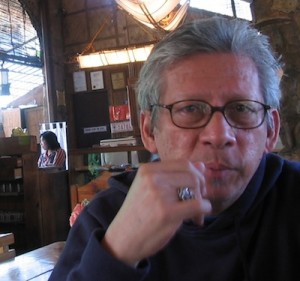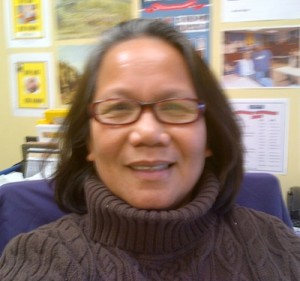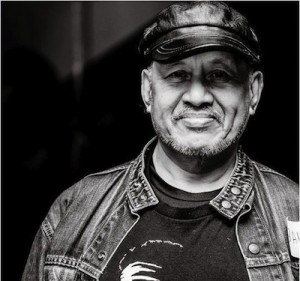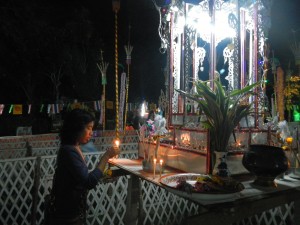I sometimes wonder about the words that come into people’s minds when they look in the mirror. As a former student of literature and journalism, words affect me deeply - words are never just words to me. They create boundaries and definitions. Words are capable of shattering and undoing, but also of rebuilding and morphing. And perhaps it’s this preoccupation with semantics that troubles me when it comes to selecting the words I use to define me. When I look into the mirror, I don’t see an Asian, and never have, despite the fact that this is might be the first thing most people first see about me. I feel uncomfortable marking in Asian for anything that asks for my race. To me, Asian is just as loaded a label as “Oriental.” “Asian Pride” is something I’ve never felt close to. I don’t know how many times I’ve been told things like “You’re Asian, right? So you must be good at math.” Or, “So you’re studying to be a nurse?” a question that has long irritated me with its double assumptions: Asian girls study nursing, Asian boys study engineering. All of these absurd presumptions that I couldn’t relate to have made me resistant to adopting the word “Asian” as part of my identity.
What baffles me the most is when these presumptions come from the Asian community. If I announce that I don’t identify as an Asian, it has sometimes been taken as derogatory or offensive. I understand the lens by which I view the term has been shaped by stereotypes imposed by society, and that doesn’t necessarily make it the correct definition of the word. But that raises the question of whether or not labels HAVE to be defined by stereotypes in order to relate to them.
I am more intrigued than I am disturbed that I don’t see an Asian in the mirror. I would rather be confused by the name, space and place that I take up in the world, than be bound to the limits of race and origin that others may impose on me. I write this with absolutely no answers, only questions. I’m not trying to say anyone who does identify with the term "Asian" is wrong or fitting of any stereotypes by virtue of simply using a word to define themselves. The problems of defining oneself are ongoing, fluid and changeable, and highly unique to an individual.
I am always curious to know what others identify with, or reject. I’m beginning to understand the value of questions, because that opens up a dialogue. So, I ask: will we ever be able to disassociate words with their stereotypes? Can the label "Asian" ever hold within it, the complex identities of all the individuals it qualifies?





